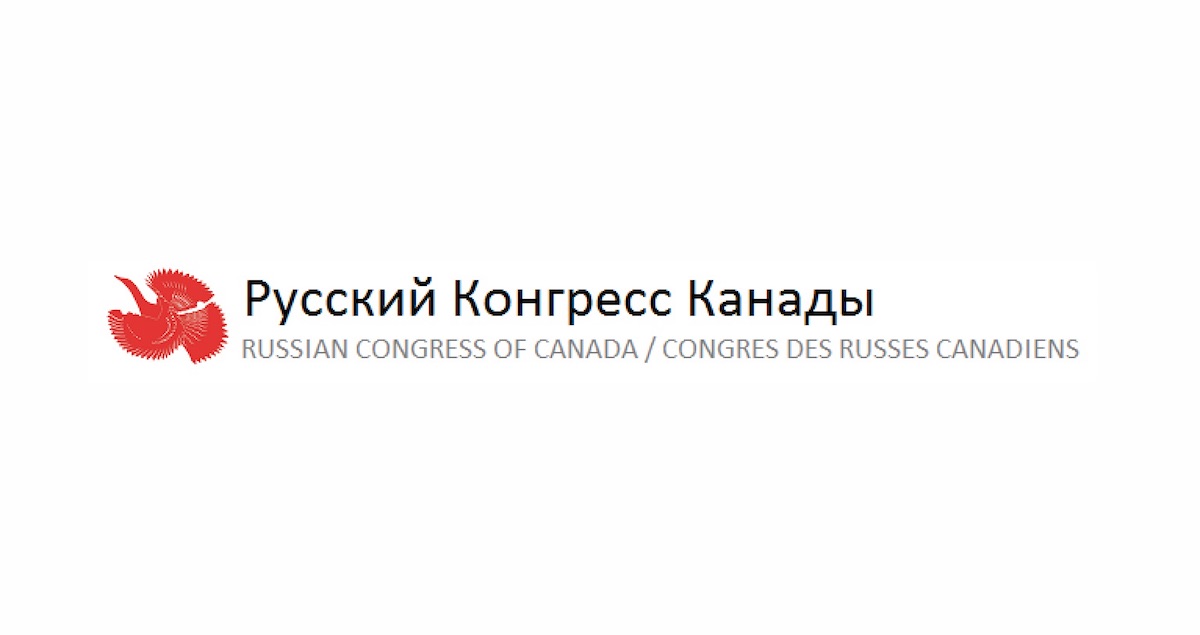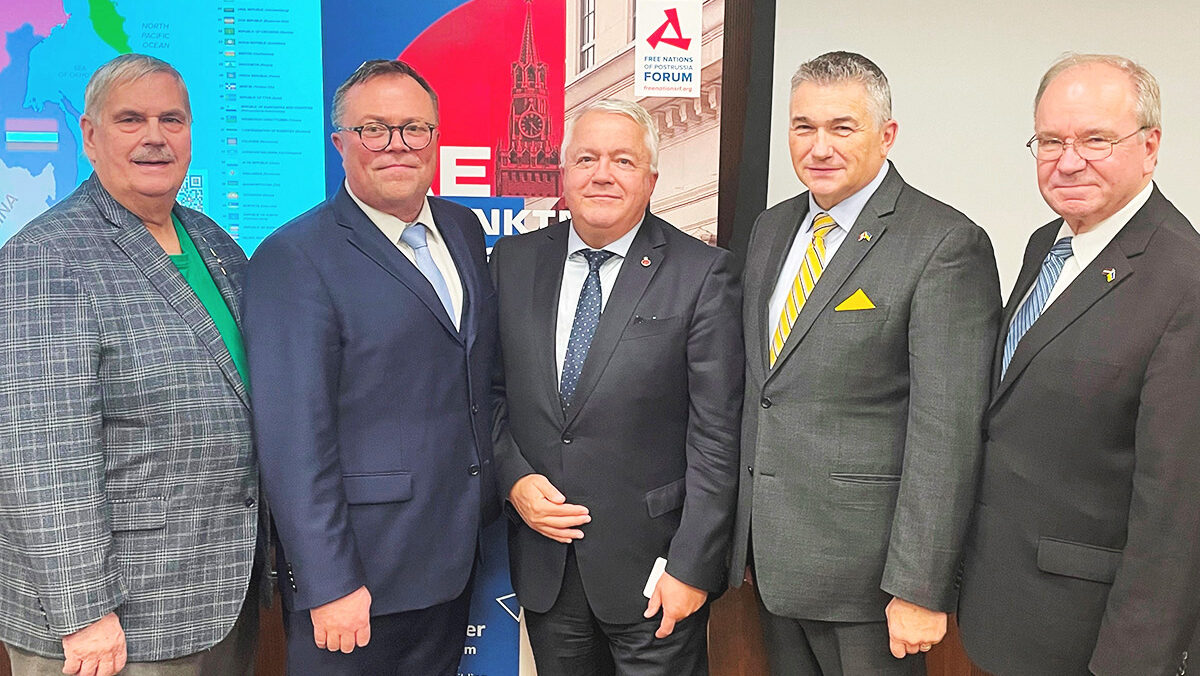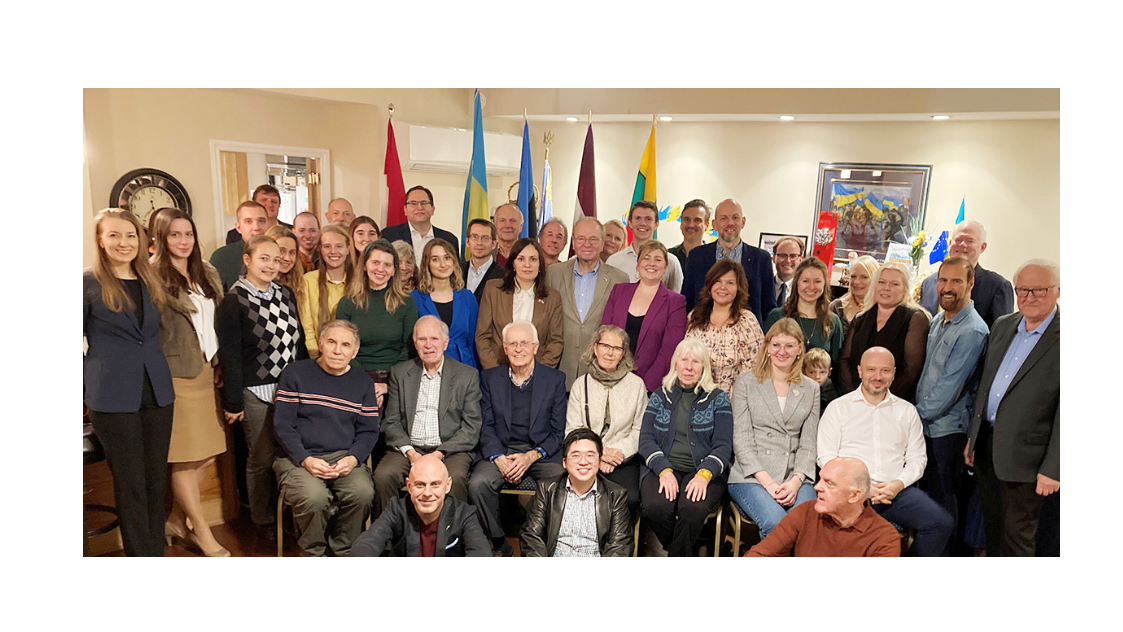The community of Canadian residents of Russian heritage provides Moscow an ideal potential base from which to manage any influence operations. This article does NOT SUGGEST that Russian-Canadians, or their organizations, have been or will be used as willing agents of Moscow's foreign policy. However, a program, ‘Rossotrudnichestvo' (Compatriots), established by Vladimir Putin, originally had specific responsibility for assisting compatriots through the Russky Mir Foundation that also promotes Russian language and culture.
‘Protecting' compatriots has been a useful tool in rallying support for Russia's open foreign policy goals. This was Moscow's justification for annexing Crimea and its military aggression in eastern Ukraine. By compatriots, Russia refers not only to ethnic Russians or Russian speakers but also to others who may have cultural or other ties to the Russian Federation including non-Russian groups.
Russia has chosen the protection and support of compatriot populations as a foreign policy priority. But Russian compatriots have had greater utilization in realizing broader foreign aims than just as goals themselves.
In this context we may look at the organization and symbolic thrust of the Victory Day celebrations the last three years in Toronto organized mainly by the Russian Congress of Canada. Although slightly diminished this year from its overwhelming dominance in the 70th anniversary year of 2015 the Soviet flag (not the historic Russian flag) with its related symbols of Red Army uniforms, St. George's ribbon, currently more of a symbol representing support for Putin's policies rather than a Czarist military medal, the Soviet era flags of the captive nations of Estonia, Latvia, Armenia etc. were front and centre adorning parades and other Victory day events. The festivity was Soviet, not Russian, perfectly aligned with Putin's idolization of the Soviet period.
How closely does the Russian Congress of Canada echo the predictable view of Vladimir Putin? In a lengthy submission to the Canadian government in 2016 opposing the establishment of a Crimean Tatar Deportation Memorial Day, the Russian Congress, amongst other arguments, stressed: “For 25 years, since Ukraine became an independent state, Ukrainian authorities prevented many important problems from being solved, let alone the political rehabilitation of Crimean Tatars. Ukrainian government adopted the law recognizing the deportation of Crimean Tatars as a genocide for political reasons. Why did not Ukraine pass such a law during 25 years since Ukraine became an independent state? This fact clearly does not fit into an idealistic picture of the Ukrainian government, protector of rights and of ethnic minorities that Ukrainian politicians promote abroad with the help of the Ukrainian Diaspora.” One would guess that this is ample (but somewhat illogical) justification for Russia's annexation of Crimea. A quick switch from crimes against humanity to justifying the violation of international law.
One can logically question whether organizations such as the Russian Congress in Canada become a willing (or unwitting) partner in Russia's attempt to use seemingly benign civil society activities to manipulate policy and discourse in an open society? Does it seek to influence the broader narrative toward Russia and away from the internationally widely accepted position that Russia's behaviour regarding Crimea and eastern Ukraine is to be condemned? Canada's open society means that the Russian Congress has every right to openly oppose government policies as vigorously as possible, to adopt the political stance of foreign powers, even of a country against whom sanctions, with the full approval of Canada, are being enforced etc.
Putin's vision of Russia includes enhanced international leverage so that it can exercise its appropriate role on the global stage. Does the Russian Congress consciously (or unintentionally) help bolster Russia's insistence that there is a Russian world – Russky mir – larger than Russia proper, that Russia is aggressively pursuing, that would reinstate Russia's world power status?
Laas Leivat



